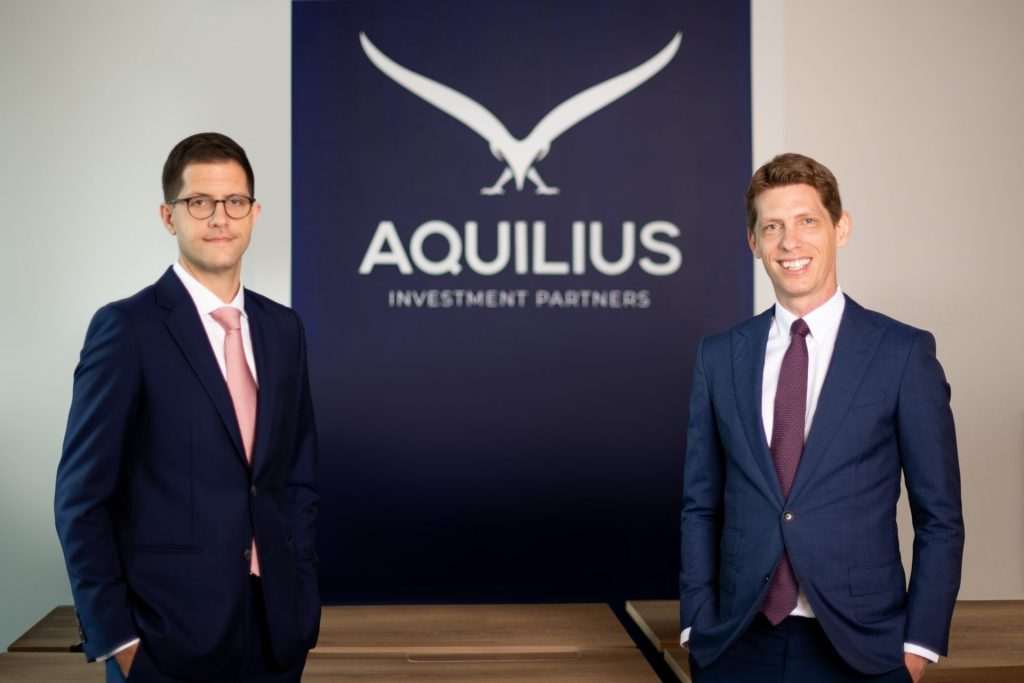Private capital markets have exhibited unprecedented growth over the last decade. Market participants who invested in long-duration private markets vehicles are now increasingly looking at secondaries to raise liquidity in uncertain times. Asia-Pacific in particular is emerging as a significant market for these types of transactions.
Once considered a nascent part of the industry, the Asian secondaries market has flourished, with volumes rising 13-fold in merely a decade to over US$7 billion in transactions in 2021, according to data provided by Greenhill. Traditionally, secondaries involved the acquisition of a single closed-ended fund interest or a portfolio of fund interests, providing an exit avenue to investors prior to the natural maturity of these vehicles or their underlying assets.
In recent years though, secondaries have evolved considerably, with managers of private vehicles increasingly looking at alternative liquidity solutions for their limited partners through so-called non-traditional secondaries transactions, such as fund recapitalizations or continuation vehicles.
“The rapid growth of secondaries has spurred interest and adoption by limited partners and fund managers, who can proactively manage portfolio liquidity through these instruments,” said Bastian Wolff, co-founder of Aquilius Investment Partners. “At the same time, it has attracted a number of global asset managers to grow this line of business significantly, primarily in their home markets in North America and Europe.”
The Asian opportunity
But whereas the secondaries markets in the Western hemisphere have evolved considerably over the years to become heavily standardized through efficient auction processes, the Asia-Pacific region remains largely untapped and disintermediated with very limited dedicated capital.
“In this region, the vast majority of deals happen off-market and discreetly, and they are not being captured by the broader transaction data recorded by intermediaries,” said Wolff. “That leaves a tremendous amount of opportunity for managers with a strong on-the-ground presence, deep local relationships, and extensive operational expertise.”
Aquilius recently launched a dedicated secondaries strategy across real estate and private equity that is exclusively focused on the Asia-Pacific market. The firm was established by Wolff and Christian Keiber, industry veterans with decades of experience in the region and previous stints with Blackstone and Partners Group.
“Liquidity is on everyone’s mind, particularly here in Asia where value creation tends to take longer as compared to more mature markets and can often stretch beyond the initial fund life,” said Keiber. “We are supporting LPs and GPs with a broad range of secondaries solutions, such as rebalancing of LP’s private market portfolios, helping sponsors to recapitalize older vintage funds and asset joint ventures, as well as executing continuation vehicles with existing managers.”
Providing differentiated access
From an investor’s perspective, the secondaries market has offered attractive risk-adjusted returns over the last 20 years as compared to most other private markets asset classes. This is driven by the inherent benefits of secondaries, which include a high level of pre-specification from the acquisition of mature portfolios that are deep into their value creation plans, an accelerated return of capital, and broad diversification across geographies, sectors, asset classes, and investment vintages.
When it comes to the complex and resource-intensive region that is Asia, many investors struggle and lack conviction which specific fund, sector, or strategy to commit to, and therefore often look for diversified strategies rather than concentrated commitments.
“We purposefully created Aquilius to provide investors with a differentiated access to Asia’s private markets. Our dedicated secondaries strategy allows our clients to participate in the growth of the region through broadly diversified portfolios at attractive risk profiles.” Keiber said.
The current macroeconomic uncertainties provide a particularly interesting time for secondaries investors. Many LPs are looking to shore up liquidity, but the environment for exits has become more and more difficult. The recent rout in public equities and bond portfolios further urges investors to bolster their balance sheets, creating a growing supply of unsold private markets inventory.
“Here in Asia, we are seeing an increasing number of inbounds from offshore LPs reallocating capital back into their home markets, looking for expedient and certain solutions. At the same time, we are proactively working with regional GPs to help them navigate a wall of upcoming fund maturities that need to be resolved” Wolff said.
These market dynamics, combined with strong tailwinds from record private capital fund raising and increasing product adoption in the region, are expected to make the Asian secondaries market a compelling investment theme for 2023 and beyond.

